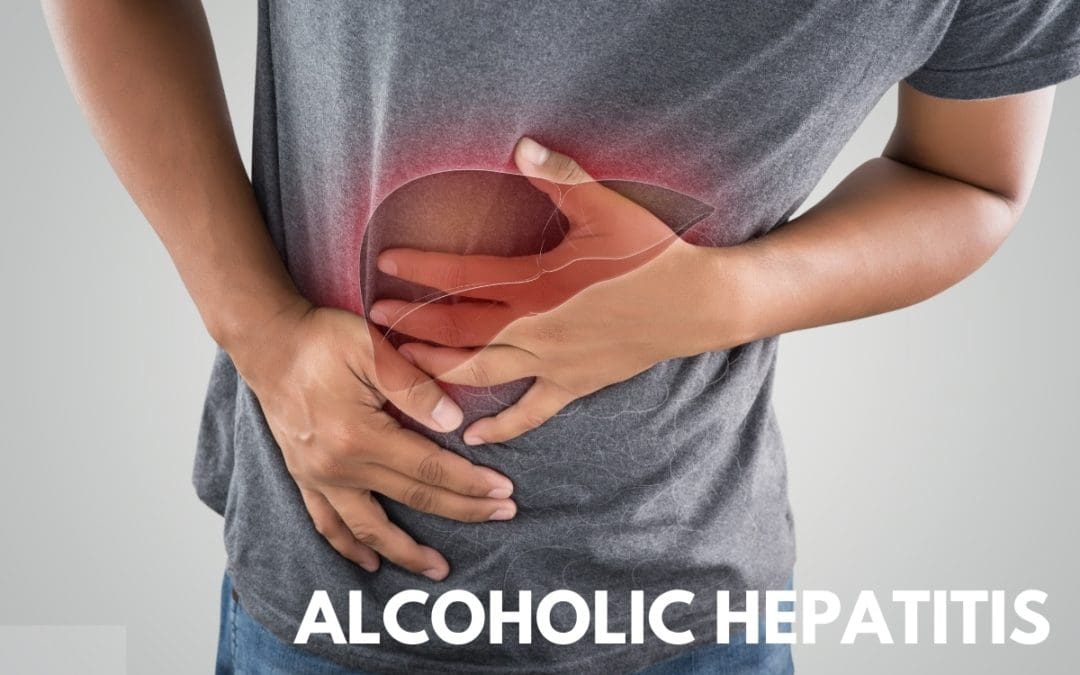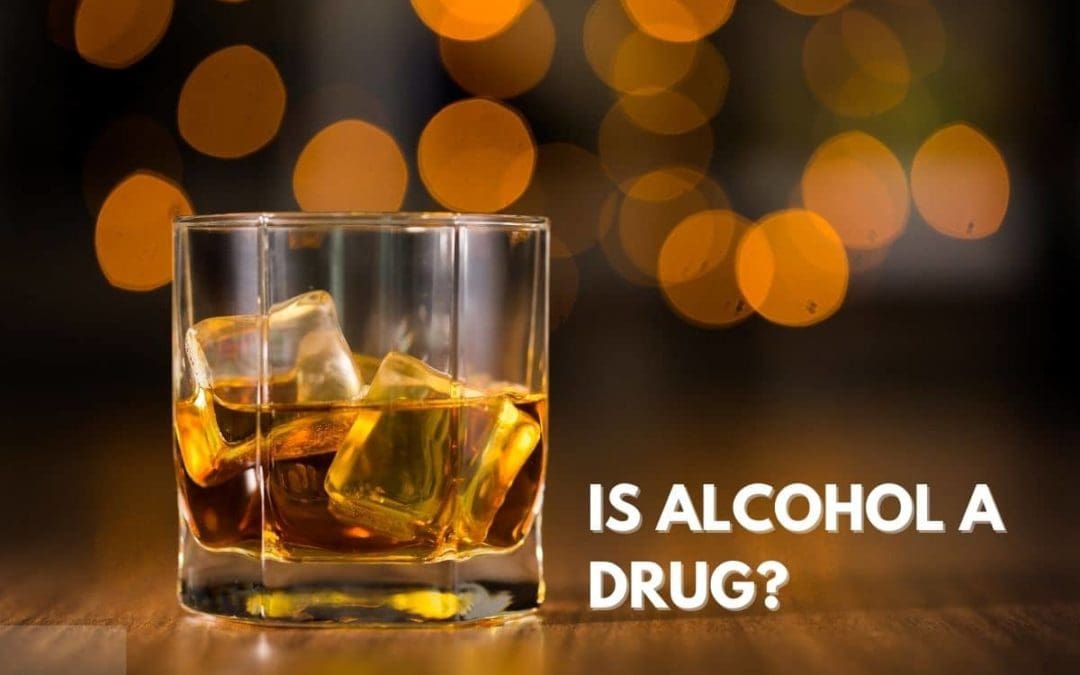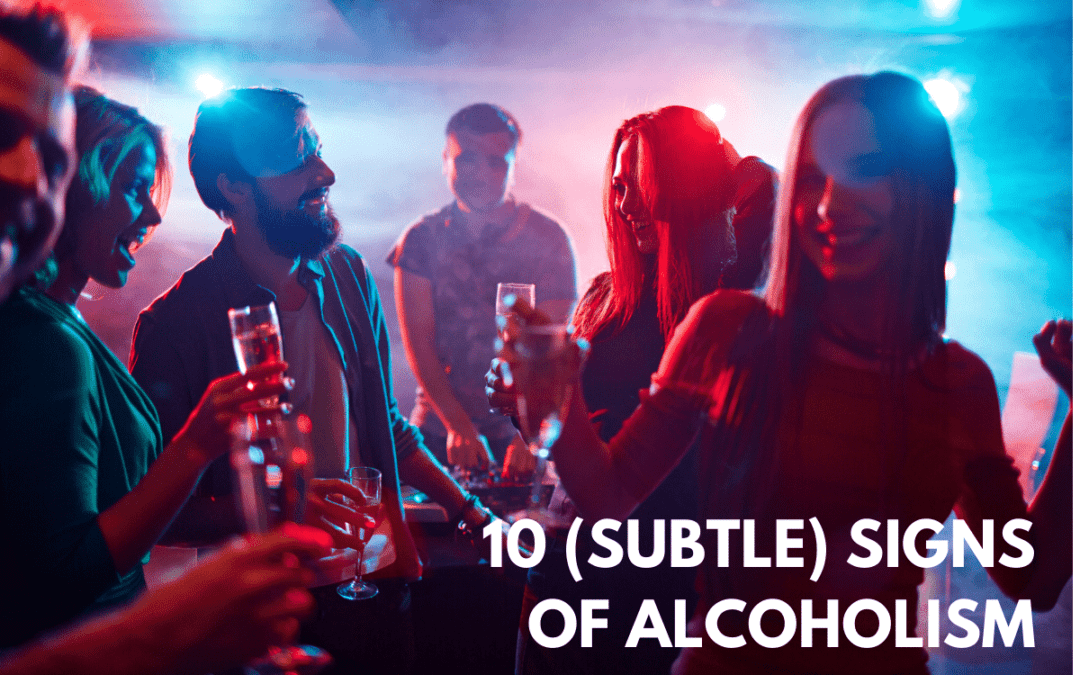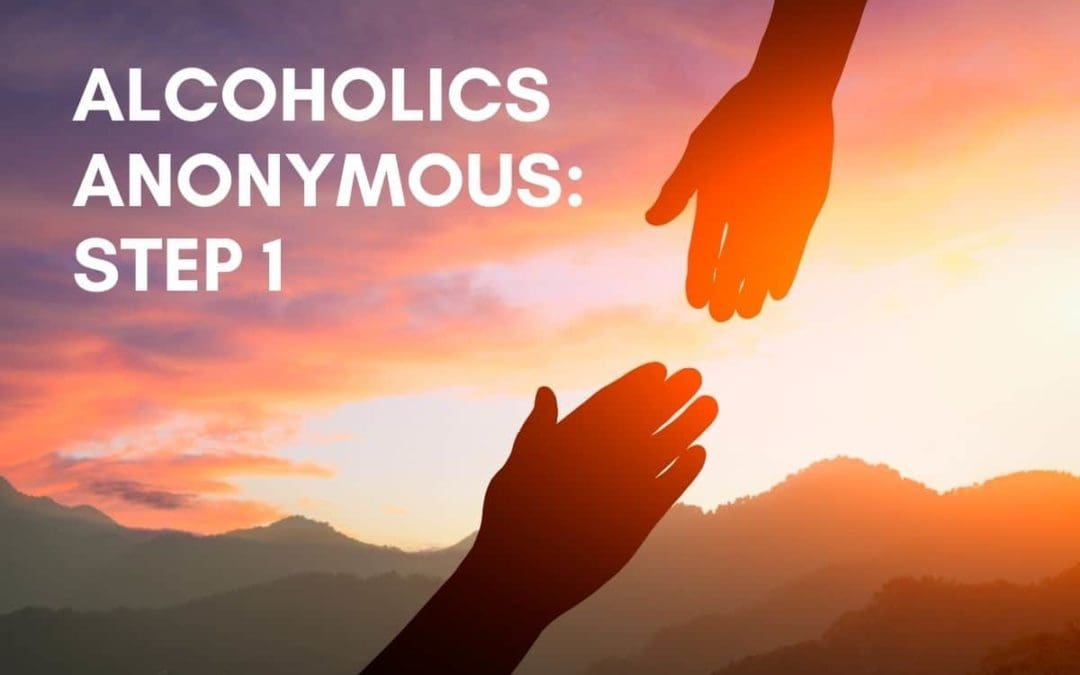Erin Marks, M.S. CAC-AD, CPRS
Residential Program Director
Erin has a master’s degree in management from University of Maryland, University College, and a bachelor’s degree in special education from Townson University. Prior to entering the substance abuse and mental health field, Erin was a Special Education Teacher for 10 years.
Being a person in long term recovery, Erin wanted to give back and help those struggling with the disease of addiction. Erin decided to switch careers and went back to school to obtain her Addiction Counseling certification. In addition, to being a certified Addictions Counselor, Erin is a Certified Peer Recovery Specialist (CPRS), and a Registered Peer Supervisor (RPS).
Over the past 7 years, Erin has worked in many different roles within the substance abuse & mental health field including: outreach specialist, discharge coordinator, peer counselor and addictions counselor. Prior to joining the Freedom Center, Erin worked as an addiction counselor with Montgomery County’s chronically homeless individuals who struggle with substance abuse and mental health. Erin’s favorite thing about helping others is seeing the light come back in a client’s eyes and then watching them succeed on their journey to recovery.
Over the past several months, Erin has worked with our team to create a strong clinical program for our residential location in Buckeystown. In addition, she has enjoyed decorating and preparing a safe, comfortable environment for clients and staff. With her passion and drive to bring success to our residential program, Erin is excited for the opportunity to lead our team in Buckeystown as the Program Director. Erin is grateful to be a part of the dedicated, caring and compassionate Freedom Center Team.



































